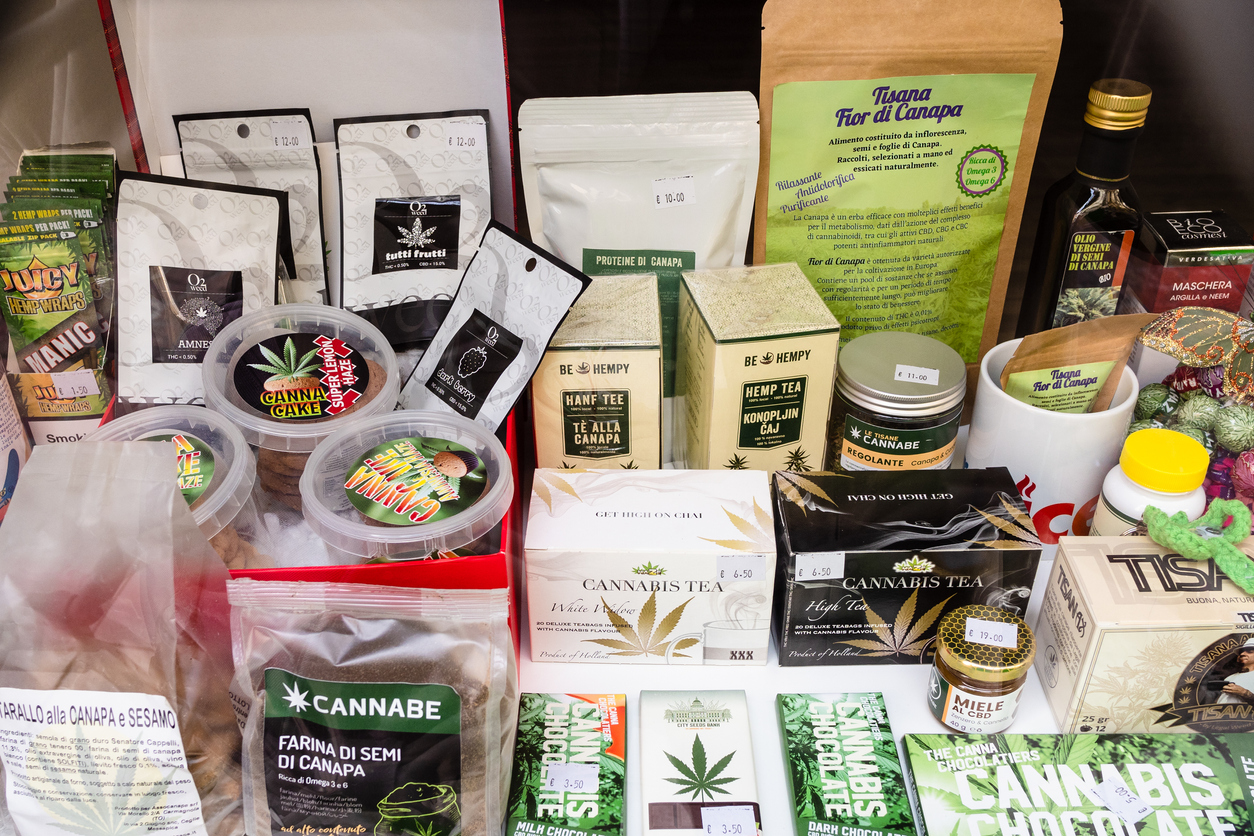
What will happen to the California cannabis market?
Cannabis is back on the ballot next month in California. Voters in at least 28 municipalities including 25 cities and 3 counties will vote on cannabis initiatives in the upcoming November general election. The ballot measures have the potential to create up to 150 new retail licenses in addition to other cannabis businesses across the golden state making it the largest expansion since the regulated market was established in 2018. If passed, the ballot measures could pave the way to stabilize the state’s declining market.
Proposition 64 legalized cannabis for adult use leaving it up to local municipalities whether to allow recreational businesses within their jurisdiction. To date, out of the 482 cities and 58 counties in California, only 39% of municipalities allow cannabis retailers, and a further 56% prohibit cannabis businesses of any kind. In its sixth year as a legalized industry, these numbers are startlingly low for what was projected to be the model for the legal cannabis industry in the United States. Although 60% of voters approved Proposition 64 in 2016 the state has struggled to overcome a number of challenges for the market to thrive including local prohibition and competition with the illicit market.
Governor Newsom recently signed a number of bills to counteract the challenges faced by the market including tax relief legislation for consumers and operators. However, more work is needed at the local level. According to cannabis insiders, the November ballots are necessary for the longevity of California’s struggling market.
The Debate Over Expansion
Left in the hands of local control, cannabis retailers are still vastly prohibited across the state. Despite evidence to the contrary old stigmas prevail as local municipalities have banned legal marijuana establishments, voicing concern of increased criminal activity and attraction to minors brought by dispensaries. Legal businesses are imposed with strict rules to follow where noncompliance can put their license in jeopardy. Whereas, a lack of enforcement penalties combined with widespread prohibition, bureaucratic barriers to licensure and high taxes have created a bottleneck for the unregulated market to flourish to that of more than double the regulated market. Lack of access to legal dispensaries and higher retail prices – influenced by high tax rates – funnels consumers to illegal operators.
Potential Consequences of expanding the California Cannabis Market:
The consequence being consumers are at risk of exposure to potentially harmful substances as products are not tested for safe consumption. The potential expansion of operational dispensaries in the upcoming November ballot measures is vital to better reach vastly underserved populations and circumvent the unregulated market. An expansion of retailers will also serve cultivators rebounding from a plummet of wholesale costs as a mass exodus looms if the market doesn’t stabilize.
Where will these potential 150 new retailers set up shop? The November ballot measures could expand retail dispensaries into the state’s most populated counties including Los Angeles, San Diego and Sacramento counties. Cities on the ballot include Hermosa, Huntington Beach, Riverside, Redondo Beach, Sausalito, and Ontario among others. The initiatives have the potential to reach populations of more than 15 million residents including those that do not live directly near a larger city such as Los Angeles, San Francisco, or San Diego. The cohort of initiatives on next month’s election circuit appears to be influenced by pressure felt by jurisdictions to assume control of the matter before ballots are put forth by special interest groups.
But not everyone is on board with expanding cannabis retailers into their hometown, even those that voted in favor of Proposition 64. Citizens in Manhattan Beach expressed opposition to cannabis dispensaries in the beach town opining it “doesn’t fit with [the] community”.
The Future of the Market
What’s in store for the future of the cannabis market in California? If the ballot measures pass it will be some time before the impact is felt by the industry. The road to licensure will be a long one as businesses navigate the dual licensing process required by the state before being able to open their doors.
The sunset of the state’s provisional license program ended in September – with the exception of qualified equity businesses – will extend the timeline to licensure as businesses will need to obtain annual licenses before operations can begin. A process that is largely held up by the state’s stringent environmental review process mandated by the California Environmental Quality Act (CEQA). The impact from the expansion of the November ballots if passed will likely be seen in 2024.
How we can help you get a Cannabis License in California:
At Cannabis License Experts, we provide you with the guidance to plan your cannabis business, acquire funding, navigate the legal requirements, and acquire the appropriate cannabis license for your operations.
As the California cannabis industry develops, more and more licensed producers, cultivators, and retailers will be needed to meet the demands of consumers. Cannabis License Experts offers support from day one of starting your cannabis business, including strategic planning, floor plan preparation, site audits, SOPs, Preventive Control Plans (PCPs), and more.
Our Edibles Compliance division can provide you with a solid plan for your edibles business to help get your products on store shelves. Contact us today to discover how we can license and legalize your cannabis business to meet federal and state regulations. To learn more about the California Cannabis License Types click here:


